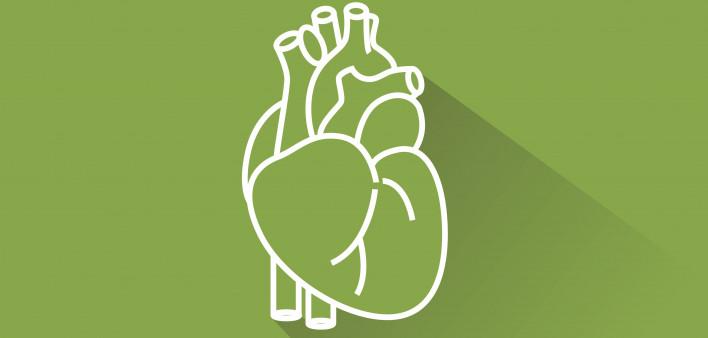People with HIV have a higher risk of heart failure compared with their HIV-negative peers, aidsmap reports. This increased risk is not apparently driven by differences between the two groups based on atherosclerosis, or the buildup of plaque in the arteries.
Researchers from the HEART study examined 2000 to 2016 data on 38,868 HIV-positive adults receiving care through Kaiser Permanente and a comparison group, matched 10-to-1, of HIV-negative individuals also receiving care through the integrated health care system. Initially, none of the members of the cohort had a history of heart failure.
Findings were presented at the International AIDS Conference in Amsterdam (AIDS 2018).
The average age of the study cohort members was 41 years old. About 80 percent were between 21 and 49 years old and 5 percent were 60 or older. Fourteen percent smoked or had a history of smoking and 3 percent had an alcohol use disorder. A total of 4.4 percent of the HIV-positive group had a history of illicit drug use, a rate about twice that of the HIV-negative group.
A total of 4.5 percent of those in the HIV-positive group and 3 percent of those in the HIV-negative group were diagnosed with heart failure during the study. The diagnosis rate for this condition rose over time for both groups but more steeply among those with HIV.
After adjusting the data to account for differences in demographics between the two study groups, the researchers found that people with HIV had a 54 percent greater risk of heart failure compared with those who did not have the virus. After further controlling for differences in medical history, use of medications and other potential factors that may have affected the risk of heart failure, the researchers found that one of their mathematical models yielded an excess risk of the condition as high as 75 percent among HIV-positive people.
To read the aidsmap article, click here.
To read the conference abstract, click here.
To view a webcast of the conference presentation, click here.







3 Comments
3 Comments